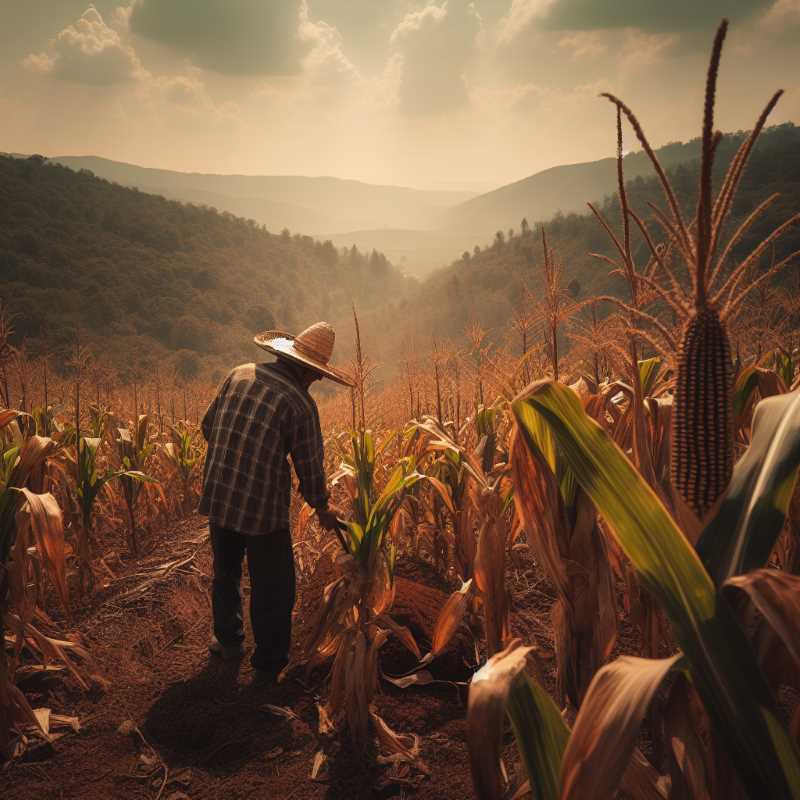Hybrid Seeds Threaten Mexico's Rich Corn Diversity
Mexico's agricultural dilemma: 70% of farmers cling to native grains, while 30% opt for hybrids, risking genetic diversity and cultural traditions. Researcher Gladys Iliana Cassab López advocates for sustainable practices and preserving Mexico's rich culinary heritage.

In the heart of Mexico's vibrant agricultural landscape, a silent struggle is unfolding between tradition and modernity. Despite 70 percent of Mexican farmers valiantly clinging to their roots by cultivating native grains, the remaining 30 percent, largely composed of major producers, have succumbed to the allure of hybrid seeds. This shift is not just about farming practices; it's a battle for genetic diversity, sustainability, and the very essence of Mexican culinary traditions.
Gladys Iliana Cassab López, a researcher at the Institute of Biotechnology at UNAM, sheds light on the consequences of this trend. The adoption of hybrid seeds by large-scale farmers is causing a drastic loss in genetic diversity. While 70 percent of corn in Mexico remains native, the dominance of hybrid varieties has left farmers cultivating only a fraction of the traditional grains they once did.




